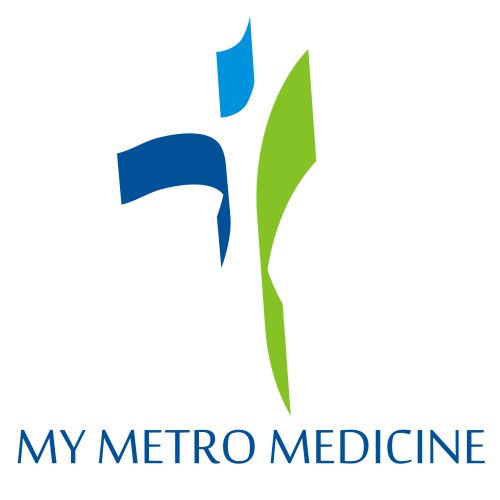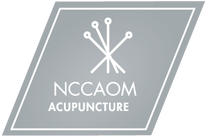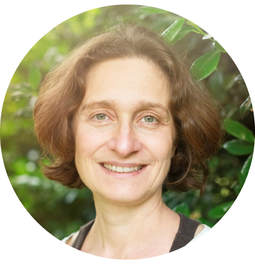 Author: Asya Haikin, C-IAYT Author: Asya Haikin, C-IAYT
Today over fifteen million Americans regularly practice yoga. It is easy to find a yoga class to fit your needs and your schedule. Why go an extra mile and see a yoga therapist? Who might benefit from that?
Yoga therapy is the application of yogic tools such as physical postures, breathing, chanting and meditation to the specific needs of an individual. In our minds yoga is firmly connected to the class format, but a yoga class is, in fact, a fairly recent phenomenon, dating back to the early 20th century. During that time the yoga of the physical postures (asanas) was gaining popularity in India, partly under the influence of emerging western interest in physical fitness. From India, Yoga was transported to the West, where the class format became the most popular way of practicing yoga.
Before yoga classes gained popularity, yoga was often transmitted one-on-one, from teacher to student. The practice was adapted to the individual, made to address whatever issues the student was dealing with. With most yoga classes around nowadays being highly athletic and physically demanding, there is a movement towards making yoga more accessible. Yoga therapy is part of this movement to make yoga responsive to the needs of the individual, and bring it into the field of integrative healthcare. Here are some of the reasons you may want to see a yoga therapist:
Listen to our "Ask The Expert" Interview with Asya Haikin
Even if you are just dealing with everyday stresses and with life cycle events like pregnancy, or natural effects of aging, yoga therapy can be a great way to support yourself through those life transitions. To find a qualified yoga therapist near you go to: www.yogatherapy.health
About the Author
Asya Haikin is the Owner of Peaceful Mind Yoga Therapy in Falls Church, Virginia. She is a Certified Yoga Therapist working with people with persistent pain to improve wellbeing and quality of life. Her mission is to make yoga safe and accessible, and to raise awareness about the benefits of yoga therapy. Asya has been using mindful movement, breath and body awareness to help individuals move beyond pain for over fifteen years. She has a private yoga therapy practice in Falls Church, VA, and also teaches several public yoga classes in Arlington and Falls Church. Asya is also a Reiki Master, a Tibetan Tones (vibrational sound healing) practitioner, and has an MA from University of Pennsylvania. To learn more about Asya, visit her website at www.peacefulmindyogatherapy.com
6 Comments
In a world where we spend the majority of our money paying our bills and a significant amount of time organizing our finances, we somehow manage to find ourselves with a clean bill of health. Strangely though, it is believed by many that the United States provides some of the best healthcare in the world even though we soar past everyone in terms of healthcare expenditure. It is also believed that we Americans are some of the unhealthiest people in the world even though we are a nation of immigrants which means that it is not one group of people who are the unhealthiest, it is the lifestyle of every person who lives here. The phrase "a clean bill of health" is usually provided to someone who is recovering from an illness or injury and is finally able to function on their own without assistance or any apparent risks to his or her well-being. It is a phrase that has been adapted to fit every aspect of our society. Vehicles are given clean bills of health. Buildings are given clean bills of health. Even technology is given a clean bill of health. And, of course, humans are as well. This process of routine inspection is often done by an outside professional, e.g. primary care physician, who is skilled in searching for potential problem areas that could place an entire system at risk. Essentially, they are on a mission to find what is wrong. But has anyone been hired to search for what is right or functioning well? Why is it that we don't spend time highlighting these parts and, as a result, take them for granted? Think about it. What phrases do you most often hear in a workplace? Do any of these sound familiar? "There's a crisis at work." "I have too much on my plate right now." "What issues [problems] should we focus on?" "Come up with a resolution by the end of the week." "We've been fighting with this for a long time now." And then there is the frightening word "deadline", which connotates something different altogether. A "clean bill of health" is more than the erasure of harmful elements from one's physiology. It is a realization of one's individual responsibility to his or her state of being. It is very easy to see a system that is functioning well and put it aside until it reaches a state of dysfunction. By doing so, we can then put on our perfectionist glasses and work towards adding to this well-functioning system by diagnosing, and ultimately correcting, what is imperfect. Over the course of time, humans have successfully created a culture of fix-it mentalities. We are trained to look for problems, and we are just as determined to solve them. This approach has formed the idea that a "clean bill of health" is dependent upon the absence of negative influences and little to no risk to well-being.
So whose responsibility is it to determine and maintain this "clean bill of health"? Well, of course it is up to us all individually. So then, what if we started looking at our own "bills of health" from a different perspective? What would happen if we highlighted the accomplishments of our health and focused on enhancing them on a routine basis that would effectively remind us of the positive changes constantly occurring in our lives? Might this eventually reverse the negativity programmed into the standard approach to care; the constant need to fix things? A "clean bill of health" is more than the erasure of harmful elements from one's physiology. It is a realization of one's individual responsibility to his or her state of being. It is a bill that needs neither paid no passed. It simply requires your attention one day at a time to remind you how to thrive rather than just survive. 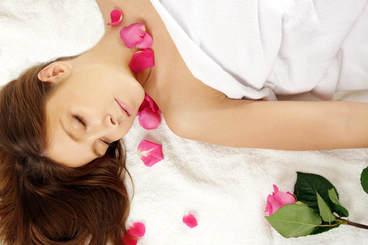
The anticipated outcome from acupuncture treatment is something that is never guaranteed. In fact, the same is true for every form of medicine, including, and especially, prescription drugs. There are only results that are directly affected by the mind's and the body's openness to receiving the recommended course of action albeit allopathic or alternative. Few can argue, though, the frequent and near-immediate results and consistent efficacy of acupuncture and oriental medicine for those with diagnoses of abstract origins presenting through symptoms of immeasurable bounds.
I can think of two clear and simple examples that fit this description: pain and stress. Although strongly correlated through the progression of disease, the treatment of the former has catalyzed a disastrous and life-threatening epidemic fueled by opioids. Lives have been lost, and many still are being ruined, at the cost of not simply saying "I do not know the cause of your pain and suffering." Humility is the first step in treating these experiential illnesses of the individual, not the collective. Healers must accept the fact that they do not know the origin of one's pain or one's stress. And if, by chance, or by skilled interaction, we arrive closer to the source of suffering, we must at all costs avoid the most cursory of responses, judgment coupled with arrogance. As a health advocate and licensed medical practitioner, I can firmly state that the duty of every healer, doctor, or scholar is not to know the answer to every question of health, the human body, or the human experience. I say experience because these two unfortunate, yet necessary, diagnostic mysteries are exactly that; experiences. And once someone in a healer's position begins to understand and witness the experience of another's pain or stress without distraction by insensitive imperception, then, and only then, can the gate of healing be pushed open. I also have witnessed acupuncture and oriental medicine having a broader approach to and much longer lasting effect on the transformation of, and occasionally the ending of, one's pain and suffering. Ultimately though, the capability of the practitioner will have the largest impact overall, which could potentially negate my initial comment of how acupuncture and oriental medicine can produce astounding results by simply broadening the perspective that healing is a partnership created via the openness of sharing joined harmoniously with empathic listening. It requires not a specific brand of practitioner, but rather, a unique and compassionate individual with the capacity to listen between the words and look beyond the thick surface of superficial suffering. You must search for a healer and practitioner whose ears are not clogged and whose eyes are not veiled by the learned behaviors grounded in the need to fix everything.
Almost all pain and stress stems internally and is usually a sure combination of physical manifestations fed upon by emotional disturbances generated by self-made lifestyle patterns. Once the process of categorizing these diagnoses begins, the need for experience ends. Your unique, individual experience is then aligned with another's based on commonalities found in your personal descriptions, which are then confirmed by a professional's analysis of them. At this very moment, the uniqueness of your suffering is ignored, the path to its origin is overlaid, and your living, breathing experience has been slayed by the label of pain and/or stress.
All hope is not lost though. You must search for a healer and practitioner, such as myself, whose ears are not clogged and whose eyes are not veiled by the learned behaviors grounded in the need to fix everything. Instead, I wish to understand your experience. I wish to hear your story of what you and the rest of society call pain or stress. Share with me, if you will, your personal experience and invite me along to learn and explore the landscape of the unique road of health you have been traveling on. I believe your story has purpose and is full of meaning for us both because an experience is a journey that is enjoyed twice as much in the company of another. So, I invite you to allow me to share this journey with you. For I am ready when you are. Peacefully, Talk with Our Acupuncturist Today
|
Posted here are...inspirational ideas on healthy living through eastern medicine, optimism, and possibility through empowerment. Archives
March 2020
Categories
All
|
HOURS & LocationMondays-Thursdays 5:30-6:30pm (Tai Chi & Qigong only)
Fridays 5:00-6:00pm (Tai Chi & Qigong only) Saturdays 1:00-6:00pm (Acupuncture only) |
CONTACT Us |

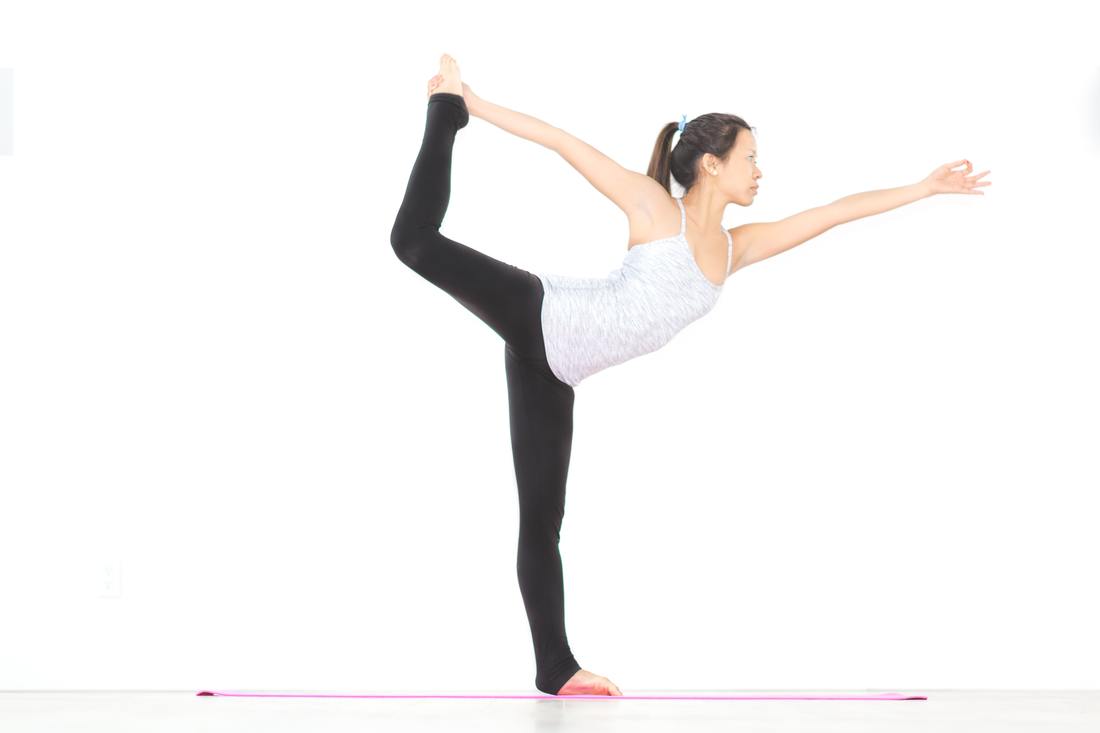



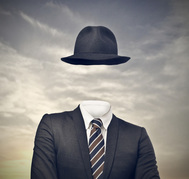

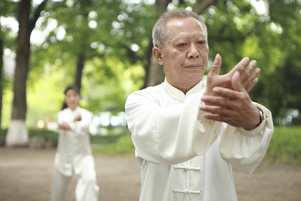

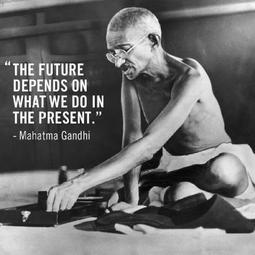

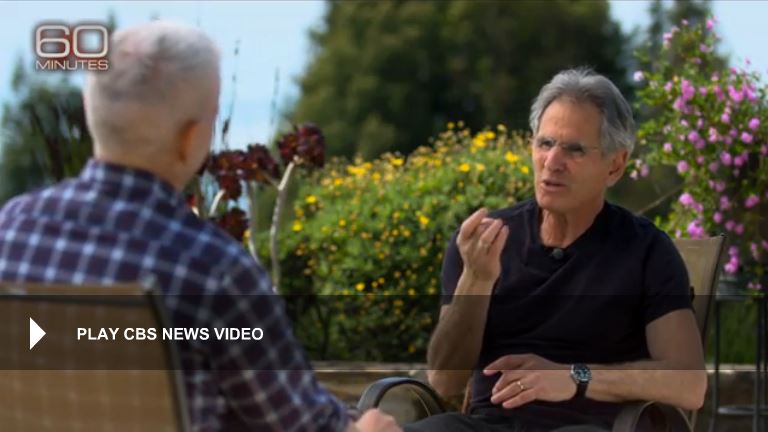
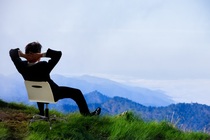

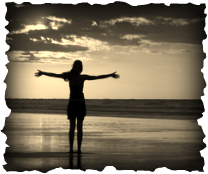

 RSS Feed
RSS Feed
